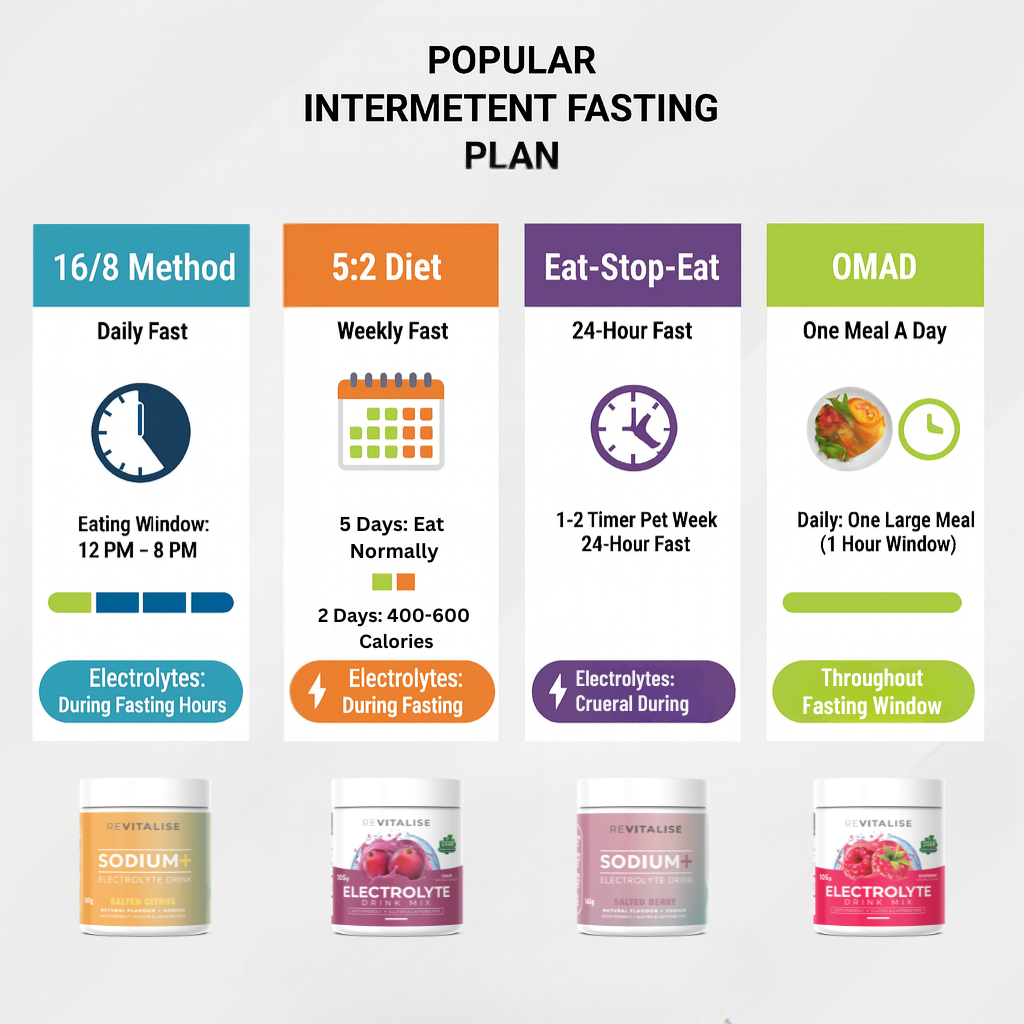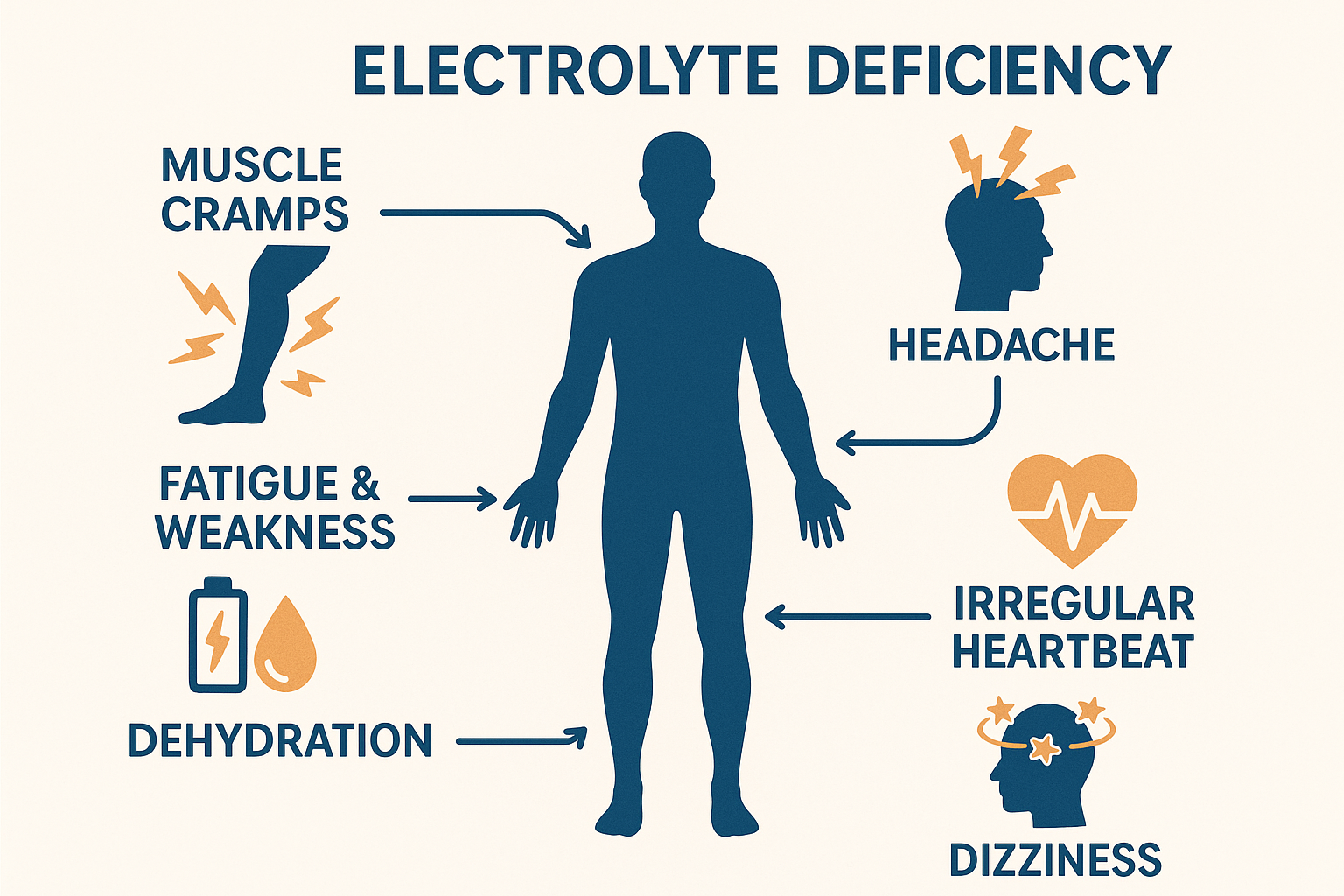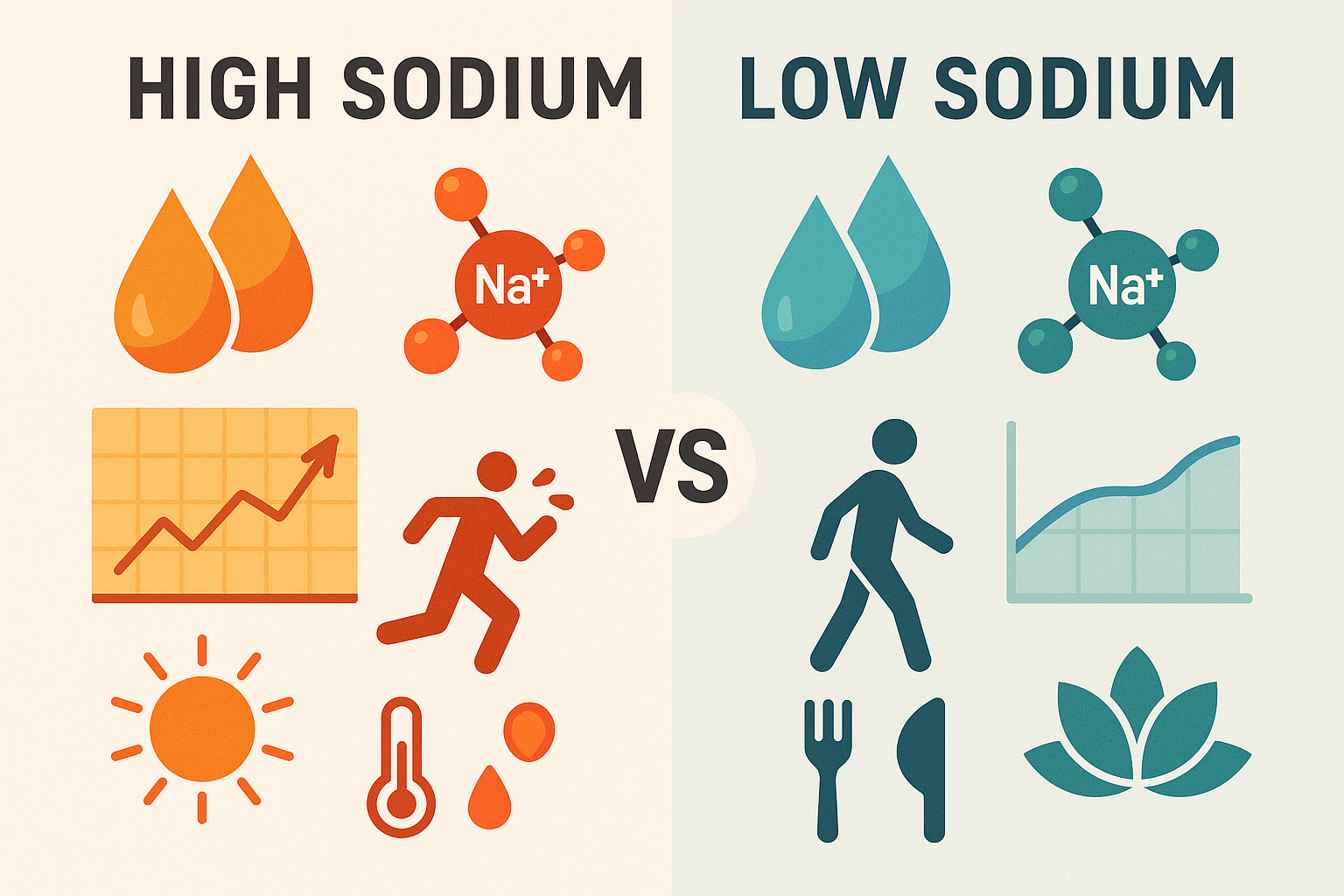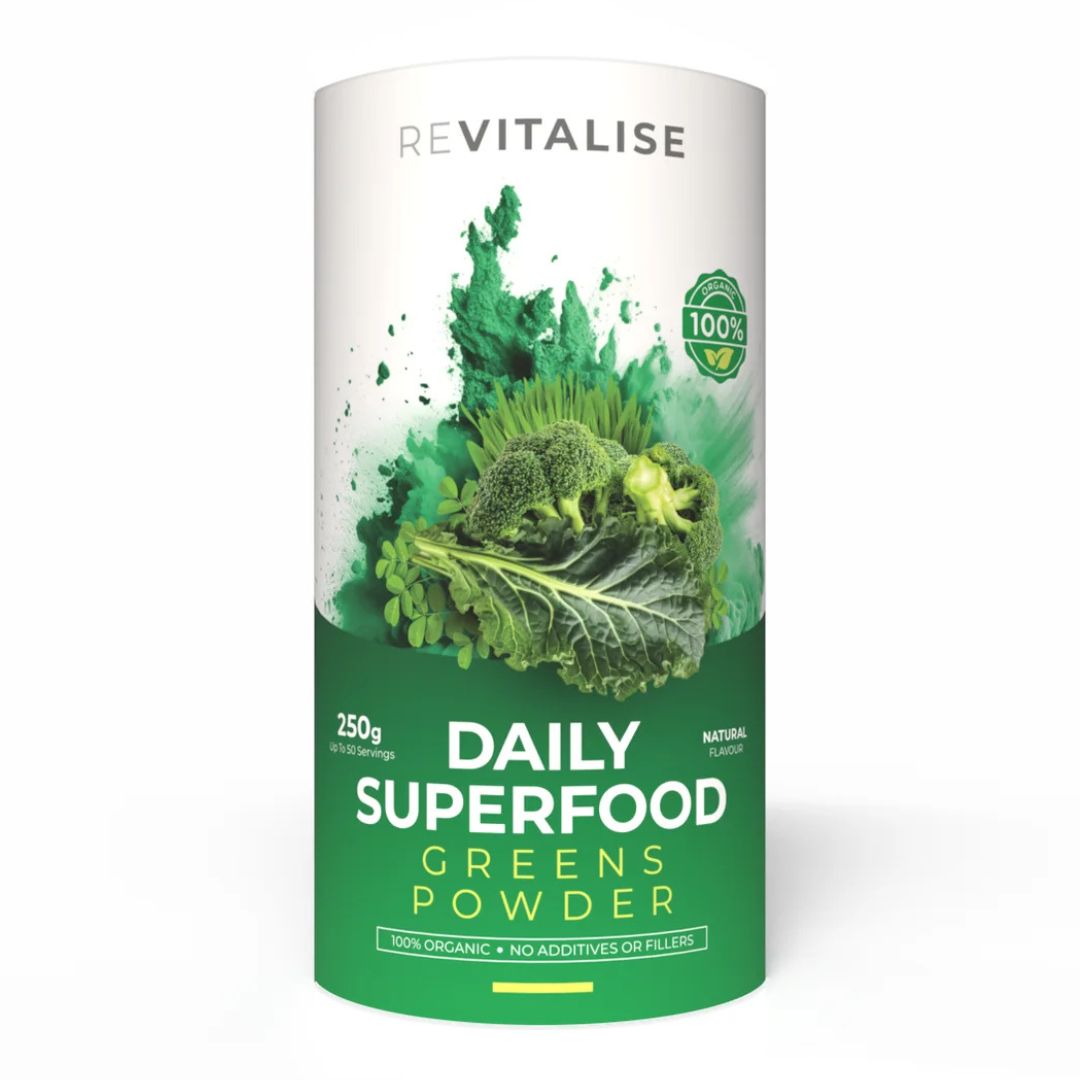Phosphorus is an essential mineral found in every cell of the human body. It serves multiple purposes and can be detrimental to your health without the right amount. It plays a massive role in bodily functions such as the nervous system, the heart and the kidneys. It is vital to ensure that phosphorus is essential to your diet, mainly as children, as this is when the most growth and development occurs.
There is a close link between the minerals calcium and phosphorus. For instance, if your calcium levels are too high, your body will absorb less phosphorus. Not only does your body need calcium to absorb phosphorus, but also enough vitamin D.
Phosphorus, alongside calcium, helps build bones. Of course, having the proper phosphorous levels in your body is vital to ensure this happens. It also plays a role in your body’s energy production.

Phosphorous' Incredible Benefits
1. Keeps Kidneys Healthy
Need to detox? One of the phosphorus functions is to keep the kidneys healthy by properly releasing waste. This is done by increasing the frequency and quantity of urination, which means your body can balance uric acid levels, excess salt, and water levels. Hello, toxin-free body!
2. Maintains Bones and Teeth
Our bones and teeth sustain life’s everyday wear and tear – but phosphorus can help! It helps relieve severe problems like bone loss, also known as osteoporosis. Phosphorus is the foundation, alongside calcium, for a strong skeletal structure.
3. Brain Power
Proper levels of phosphorous guarantee proper brain function and cognitive growth and development. Research has shown that the correct phosphorus levels will reduce the risk of cognitive malfunction and the early onset of neurological conditions like Alzheimer’s disease and dementia.
4. Regulates Balance of Hormones
Phosphorous plays a significant role in regulating your hormones. It ensures that your hormones are properly balanced. The endocrine glands are responsible for releasing your hormones, and phosphorous directly interacts with these glands. Without the proper balance of hormones, you can have several side effects, especially a massive impact on reproductive health.
5. Helps The Heart
Research has linked phosphorus to heart health. Phosphorus regulates calcium in your blood, and the heart relies on calcium for proper functioning. Phosphorus has also been proven to maintain a healthy pH balance, which is vital to heart function and regular heartbeat. When your phosphorous levels are balanced, you can reduce the risk of various cardiovascular diseases.
Fuelling With Phosphorous
Here are the top phosphorous-rich foods you can incorporate into your diet:
- Sesame Butter
- Seeds
- Meat – beef, pork, chicken
- Fruits
- Egg whites
- Nuts – almonds, peanuts and pistachios
- Vegetables – beet, green beans and onions
- Watercress
Not Enough Phosphorous
You can have some side effects if you are not getting enough phosphorus, either through your diet or your body not absorbing it properly. This is also known as Hypophosphatemia.
The main symptoms to look out for are:
- Muscle weakness
- Fatigue
- Weak bones
- Loss of appetite
- Numbness
- Anxiety
- Tremors
- Weight loss
- Stunted growth, especially in children
Too Much Phosphorous
Too much of a good thing can also be harmful. Too much phosphorous in your blood, also known as Hyperphosphatemia, can have some detrimental effects.
Some warning signs to look out for are:
- Joint pain
- Muscle pain
- Muscle weakness
- Constipation
- Nausea
- Vomiting
- Diarrhea
- Itchiness
- Red eyes

To Sum Up
There’s no denying how vital phosphorus is to your health. Your bones, heart and brain will thank you for ensuring you get enough phosphorus. Phosphorus is an essential mineral, and while it is naturally present in many foods, supplementing with a dietary tablet or electrolyte drink (such as ReVitalise) is preferable as you need other minerals to absorb phosphorous properly.












![ReVitalise Zero Sugar Electrolytes [SUBSCRIPTION]](http://revitalisedaily.com.au/cdn/shop/files/30s_LemonLime_3ea1cbec-4b35-4319-8f43-3ad8cbe7cd02.png?v=1698247645&width=1547)
